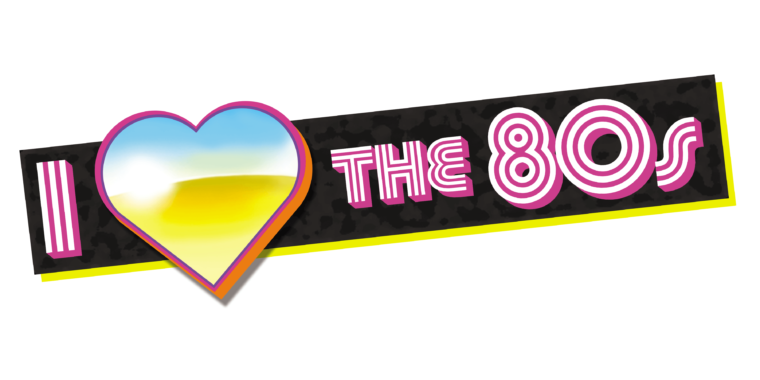
If you were to ask me what I like most about turning 40 this year, I’d have two answers. The first is that I’m that much closer to the senior discount at Denny’s, which is pretty nifty. The second is that I feel like I was born at the perfect time—early enough to be (mostly) in the Stranger Things generation of bike-riding neighborhood roamers who saw Ghostbusters in the theater and caught the premiere episode of M.A.S.K. on TV and had to be home before the streetlights came on.
More, I was eight when my dad brought home the thing that changed my world: an IBM PC model 5150, with 512KB of RAM and dual 5.25-inch 360KB floppy drives. A string of memorable games filled my days between school and bedtime: Polarware adventures like Oo-Topos and Transylvania, Karl Buiter’s Sentinel Worlds and Hard Nova, the inimitable Starflight, and even my first encounter with a certain upstart California game design company via a little game called Space Quest.
That IBM PC, first in a long unbroken line of House Hutchinson home computers, showed me how I wanted to spend my life. I didn’t care what I ended up doing or where I did it, but I knew even when my age was in the single digits that I wanted a job that involved computers. Which sounds idiotic today—outside perhaps working a trade, what kind of career doesn’t involve computers anymore?
A life more-or-less ordinary
Being an ‘80s kid also meant I was in the right spot to catch the tail end of the BBS revolution. BBSs—for “Bulletin Board Systems”—were how folks in the ‘70s, ‘80s, and most of the ‘90s got “online” if they didn’t have access to the Internet. Which most people didn’t, because until well into the ‘90s the Internet was a tool generally confined to universities and large companies. Dialing into BBSs forced me to figure out even more about how computers worked and, more importantly, taught me how to communicate online—what email is and how it works, how to use message boards, how to upload and download files, and other basic tasks. I also learned that people will argue over anything.
I feel lucky because I was there for so many revolutions—game console revolutions, 3d-acceleration revolutions, smartphone revolutions, and a few actual revolutions. But my story isn’t yours, and as the video above shows, most everyone seems to enjoy and find positivity in the time they were born. From graying Boomers to “Generation Z”—which is apparently what we’re supposed to call all of the kids trampling on my lawn now that the Millennials have jobs—we all find the good in our own time.
It’s Saturday and I’m feeling maudlin, so if anyone wants to reminisce in the comments below, I’ll be hanging around laughing at old emails and browsing through the Wayback Machine. They say you can’t go home again, but at least the Internet can help keep the old memories sharp.
Listing image by FreeClipArts
https://arstechnica.com/?p=1273445

